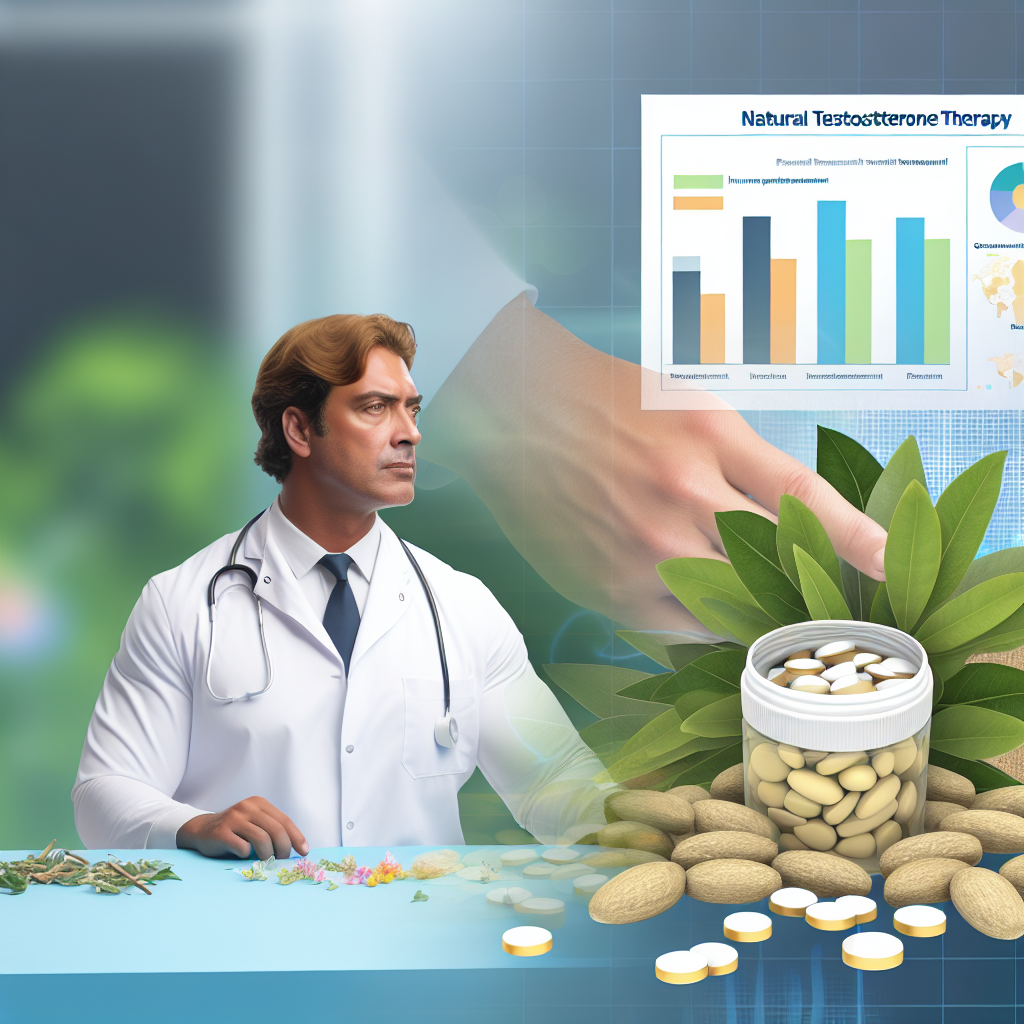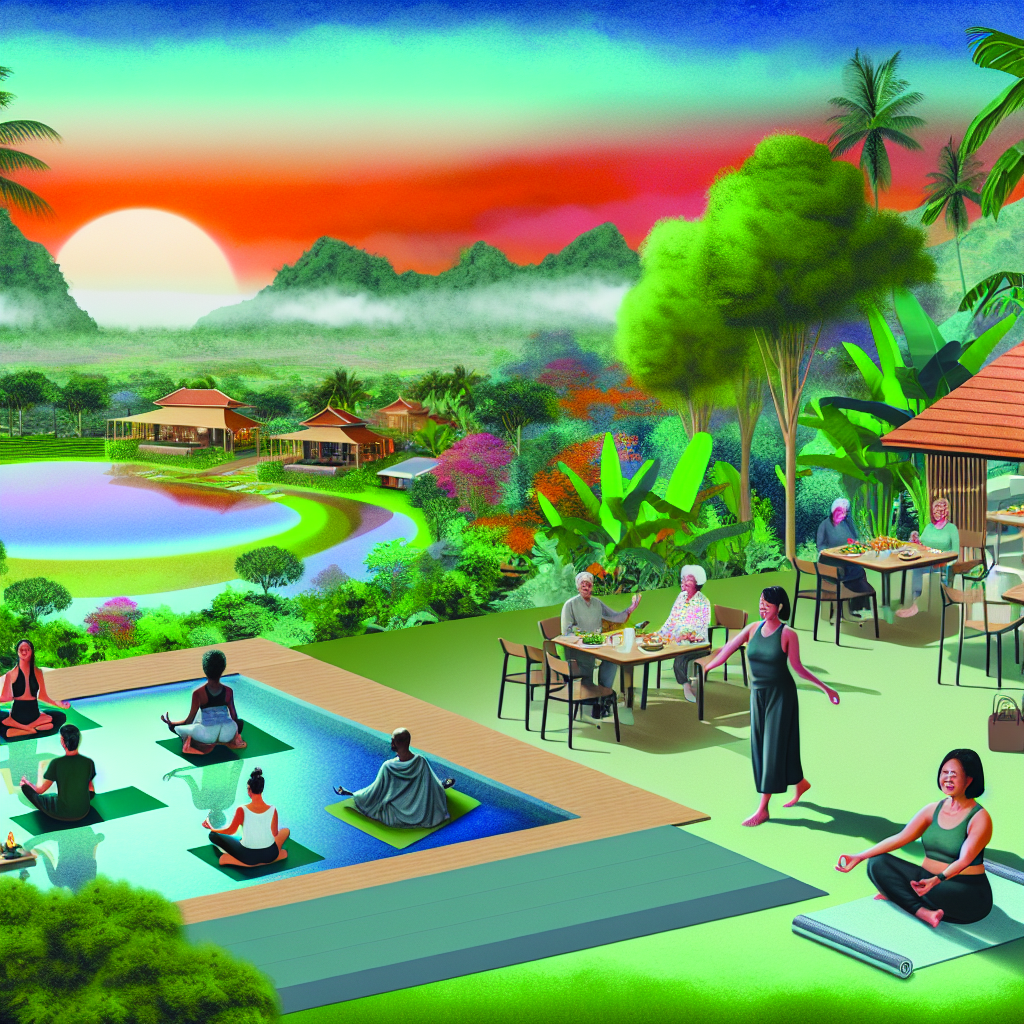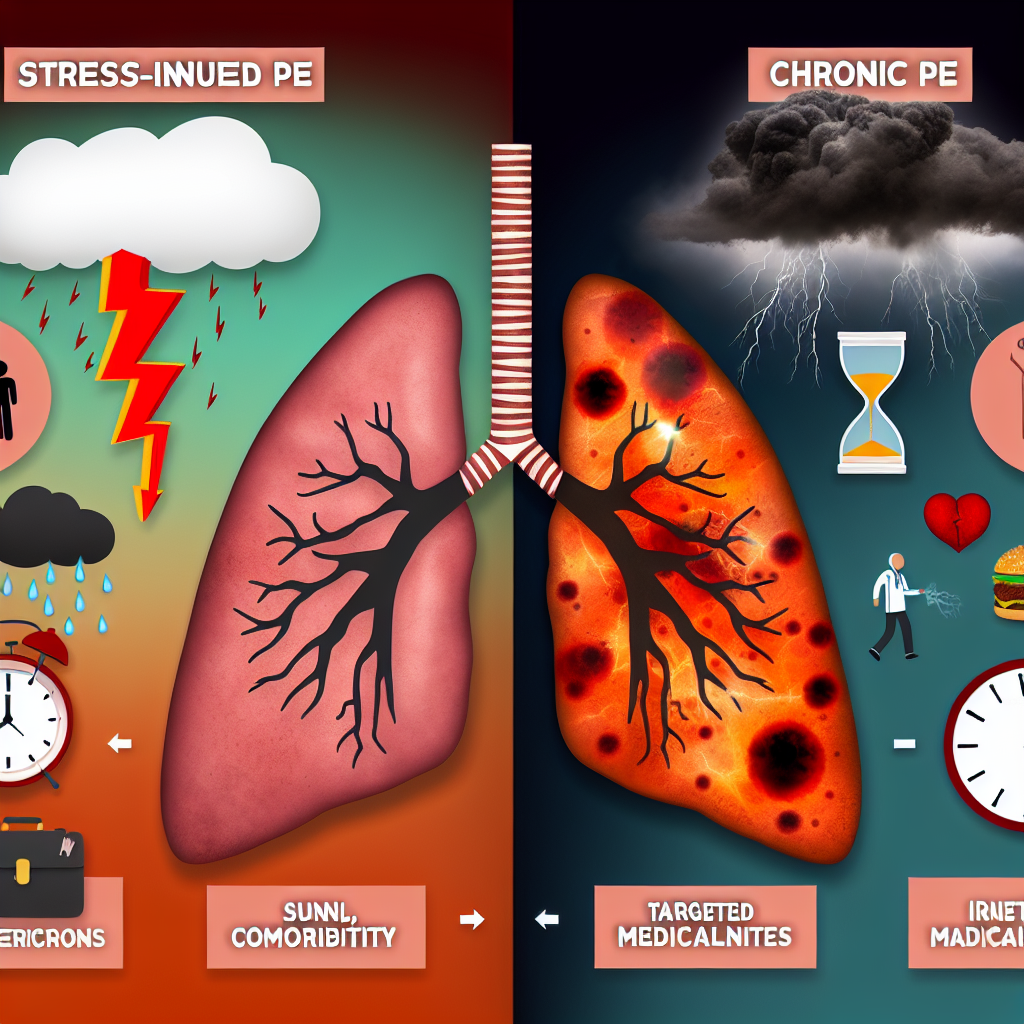Natural Testosterone Therapy: Hormone Replacement Alternatives
Testosterone plays a vital role in male health—impacting everything from muscle mass and mood to libido and energy levels. While levels peak in adolescence and early adulthood, they begin to decline naturally starting in a man’s 30s. This hormonal dip can result in symptoms like fatigue, depression, low sex drive, reduced muscle mass, and cognitive decline.
Today, men across all age groups—from adolescents managing hormonal imbalances to seniors seeking enhanced vitality—are shifting towards safer, natural testosterone therapy alternatives instead of using synthetic hormone replacement therapy (HRT).
While conventional testosterone therapies using injections, gels, or patches are widely available, they are accompanied by potential risks—such as cardiovascular complications, dependency, and suppression of the body’s inherent hormone production. This has sparked a significant movement toward natural ways to increase testosterone, focusing on holistic lifestyle modifications including diet, exercise, adequate sleep, stress management, and targeted supplementation.
These natural strategies are gaining traction amidst increased cultural emphasis on longevity, vitality, and minimal medical intervention.
Understanding that natural optimization is not one-size-fits-all is essential. A treatment approach for a 20-year-old athlete will look vastly different than one tailored for a 65-year-old facing age-related testosterone depletion. Thus, goals vary—from hormone balancing in adolescence to increased stamina, performance, and mental clarity across various life stages.
This article explores science-backed, natural alternatives to testosterone therapy, offering a roadmap for men of any age to reclaim their vigor, safely and sustainably.
Proven Lifestyle Hacks for Naturally Boosting Testosterone
To kick-start natural testosterone enhancement, the foundation lies in exercise—especially resistance training and high-intensity interval training (HIIT).
A 2012 study in the European Journal of Applied Physiology found that short bursts of HIIT significantly elevated testosterone levels in men. Compound weight lifting moves—like squats, deadlifts, and bench presses—are especially effective for stimulating anabolic hormone production.
Exercise not only boosts testosterone acutely but also helps reduce body fat, a known contributor to testosterone suppression due to its link with excess estrogen production.
Fuel Your Hormones: The Role of Nutrition in Testosterone Health
Testosterone synthesis depends on certain key micronutrients. Clinical studies point to zinc, magnesium, and vitamin D as critical cofactors.
- Zinc supplementation in deficient men raised testosterone after six weeks.
- A 2010 clinical trial found that daily intake of 3,332 IU of vitamin D increased testosterone levels after a year.
To naturally support hormone production, prioritize foods like grass-fed meats, eggs, shellfish, legumes, leafy greens, nuts, and seeds. If you suspect a deficiency, work with a healthcare provider to test and supplement as needed.
Sleep: The Hormone Optimizer You Can’t Ignore
Quality sleep is a non-negotiable pillar of hormonal balance. According to a JAMA study, just one week of restricted sleep reduced testosterone by up to 15% in young men.
During deep sleep, the body secretes its highest levels of testosterone, mainly during REM cycles. Ensuring 7–9 hours of uninterrupted sleep can significantly influence testosterone output and overall rejuvenation.
Techniques for better sleep include avoiding screens an hour before bed, keeping the room dark and cool, and adhering to a consistent schedule—even on weekends.
Defeat Stress to Dominate Testosterone
Chronic stress triggers the release of cortisol, a hormone inversely related to testosterone. High cortisol levels blunt testosterone production and hinder muscle development, sexual function, and mood regulation.
Mindfulness strategies such as daily meditation, deep belly breathing, forest bathing, journaling, and even structured psychotherapy help return the nervous system to a parasympathetic “rest and digest” mode, supporting testosterone recovery.
Herbal Powerhouses That Support Testosterone Naturally
Specific herbs have powerful research-backed effects on hormone support:
- Fenugreek: Phytotherapy Research discovered that men taking 500 mg of fenugreek daily experienced significant increases in libido and free testosterone.
- Ashwagandha: A 2016 study found 600 mg of ashwagandha root extract over eight weeks increased testosterone levels by 15% in healthy adult men.
These adaptogenic herbs blunt the effects of cortisol and support anabolic hormone production during physical or emotional stress.
Advanced Diet Strategies: Intermittent Fasting and Keto for Hormone Support
Certain dietary strategies like intermittent fasting (IF) and the ketogenic diet can stabilize blood sugar, reduce inflammation, and support optimal hormone levels.
- A 2017 review suggested that ketogenic eating improved markers of metabolic syndrome, potentially boosting testosterone.
- Early evidence also points to improved insulin sensitivity and fat loss via IF—both associated with healthier testosterone levels.
These advanced protocols should be embarked on with professional oversight to ensure sustainability and individual metabolic compatibility.
Personalization Is Key: Work with a Professional
Natural testosterone strategies are more forgiving than traditional HRT but must be tailored. Your lifestyle, underlying health, and genetic predispositions all affect outcomes.
Functional medicine practitioners can measure key hormone markers, evaluate adrenal and thyroid health, and customize an optimal strategy.
This approach ensures you’re not guessing blindly—you’re reversing the root causes of low testosterone and tracking improvements over time.
Conclusion: Take Charge of Your Testosterone Naturally
Natural testosterone therapy provides men of all ages a sustainable, science-backed path to reclaiming energy, libido, and vitality.
Through smart lifestyle changes—paired with strategic use of herbal adaptogens, enhanced nutrition, deep sleep, and stress management—you can safely boost testosterone and overall health without dependency on synthetic hormones.
Start with achievable changes, consult experts, and move forward with a plan unique to your needs, goals, and biology.
References
- Kraemer, W.J. et al. (2012). Resistance Exercise and Testosterone. European Journal of Applied Physiology.
- Prasad, A.S. et al. (2009). Zinc Supplementation Increases Serum Testosterone. The Journal of Nutrition.
- Pilz, S. et al. (2010). Vitamin D and Testosterone Levels. Hormone and Metabolic Research.
- Leproult, R. & Van Cauter, E. (2011). Sleep Loss and Testosterone. JAMA.
- Wankhede, S. et al. (2016). Ashwagandha and Testosterone. American Journal of Men’s Health.
- Wilborn, C. et al. (2010). Fenugreek Extract and Male Libido. Phytotherapy Research.
- Paoli, A. (2017). Ketogenic Diet and Endocrine Health. Nutrition & Metabolism.
Concise Summary
Natural testosterone therapy is a safe, effective alternative to synthetic hormone replacement. Backed by science, this approach incorporates exercise, nutrition, sleep optimization, stress reduction, and herbal supplementation to improve hormonal health. Key strategies like resistance training, zinc and vitamin D intake, and consistent rest can boost testosterone naturally. Personalized plans and professional monitoring enhance results and safety. Whether you’re addressing fatigue, libido, or age-related decline, these holistic protocols support vibrant male health at every stage of life. Embrace natural methods to unlock energy, performance, and vitality without dependency on pharmaceuticals.

Dominic E. is a passionate filmmaker navigating the exciting intersection of art and science. By day, he delves into the complexities of the human body as a full-time medical writer, meticulously translating intricate medical concepts into accessible and engaging narratives. By night, he explores the boundless realm of cinematic storytelling, crafting narratives that evoke emotion and challenge perspectives. Film Student and Full-time Medical Writer for ContentVendor.com




